
Bonded Contempt | HEYDT | 2020 | Slide Transparency Substrate Manipulation | 20in x 30in | $4000
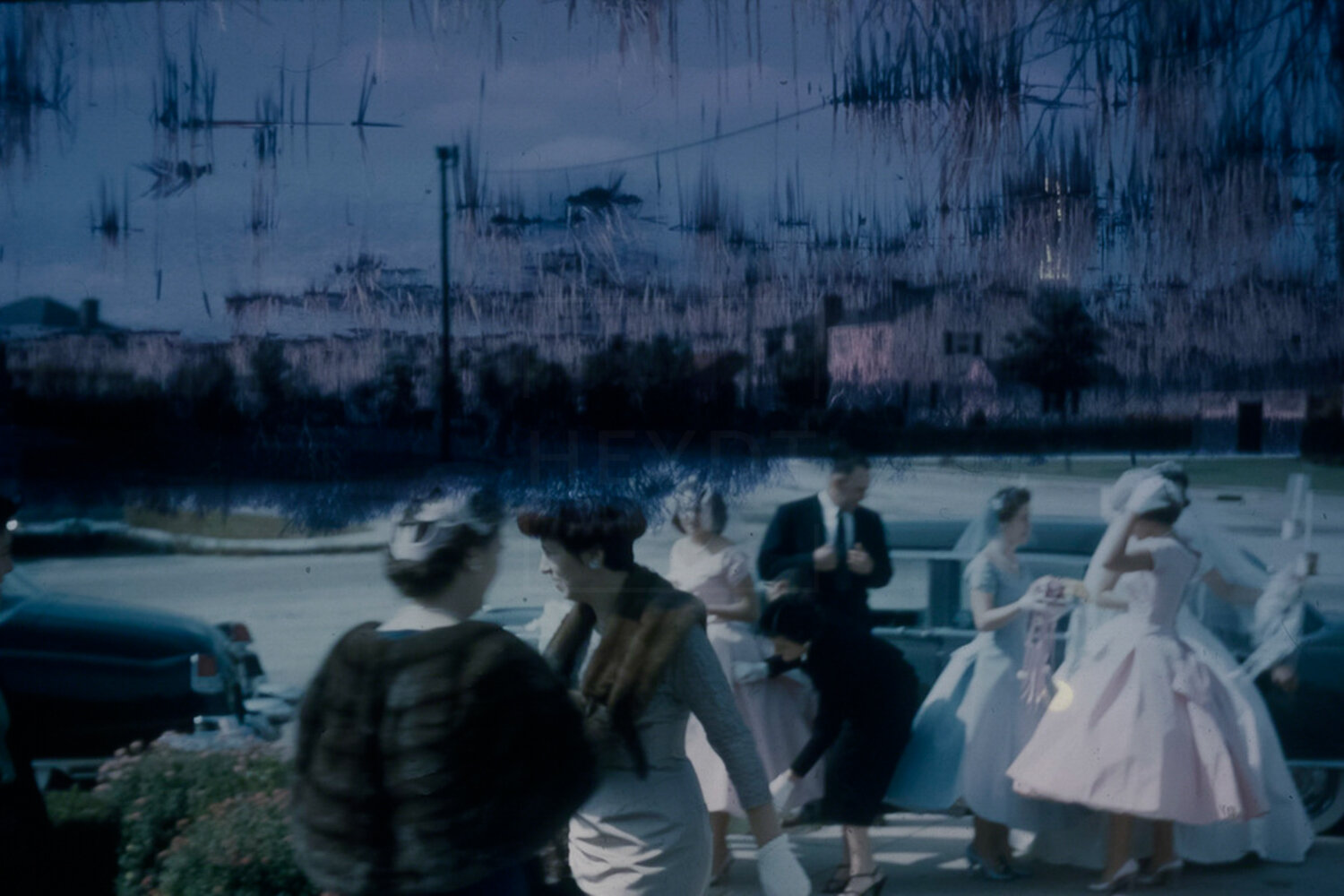
Bonded Contempt | HEYDT | 2020 | Slide Transparency Substrate Manipulation | 20in x 30in | $4000

Bonded Contempt | HEYDT | 2020 | Slide Transparency Substrate Manipulation | 20in x 30in | $4000

Bonded Contempt | HEYDT | 2020 | Slide Transparency Substrate Manipulation | 20in x 30in | $4000

Bonded Contempt | HEYDT | 2020 | Slide Transparency Substrate Manipulation | 20in x 30in | $4000

Bonded Contempt | HEYDT | 2020 | Slide Transparency Substrate Manipulation | 20in x 30in | $4000

Bonded Contempt | HEYDT | 2020 | Slide Transparency Substrate Manipulation | 20in x 30in | $4000

Bonded Contempt | HEYDT | 2020 | Slide Transparency Substrate Manipulation | 20in x 30in | $4000

Bonded Contempt | HEYDT | 2020 | Slide Transparency Substrate Manipulation | 20in x 30in | $4000

Bonded Contempt | HEYDT | 2020 | Slide Transparency Substrate Manipulation | 20in x 30in | $4000

Bonded Contempt | HEYDT | 2020 | Slide Transparency Substrate Manipulation | 20in x 30in | $4000

Bonded Contempt | HEYDT | 2020 | Slide Transparency Substrate Manipulation | 20in x 30in | $4000

Bonded Contempt | HEYDT | 2020 | Slide Transparency Substrate Manipulation | 20in x 30in | $4000
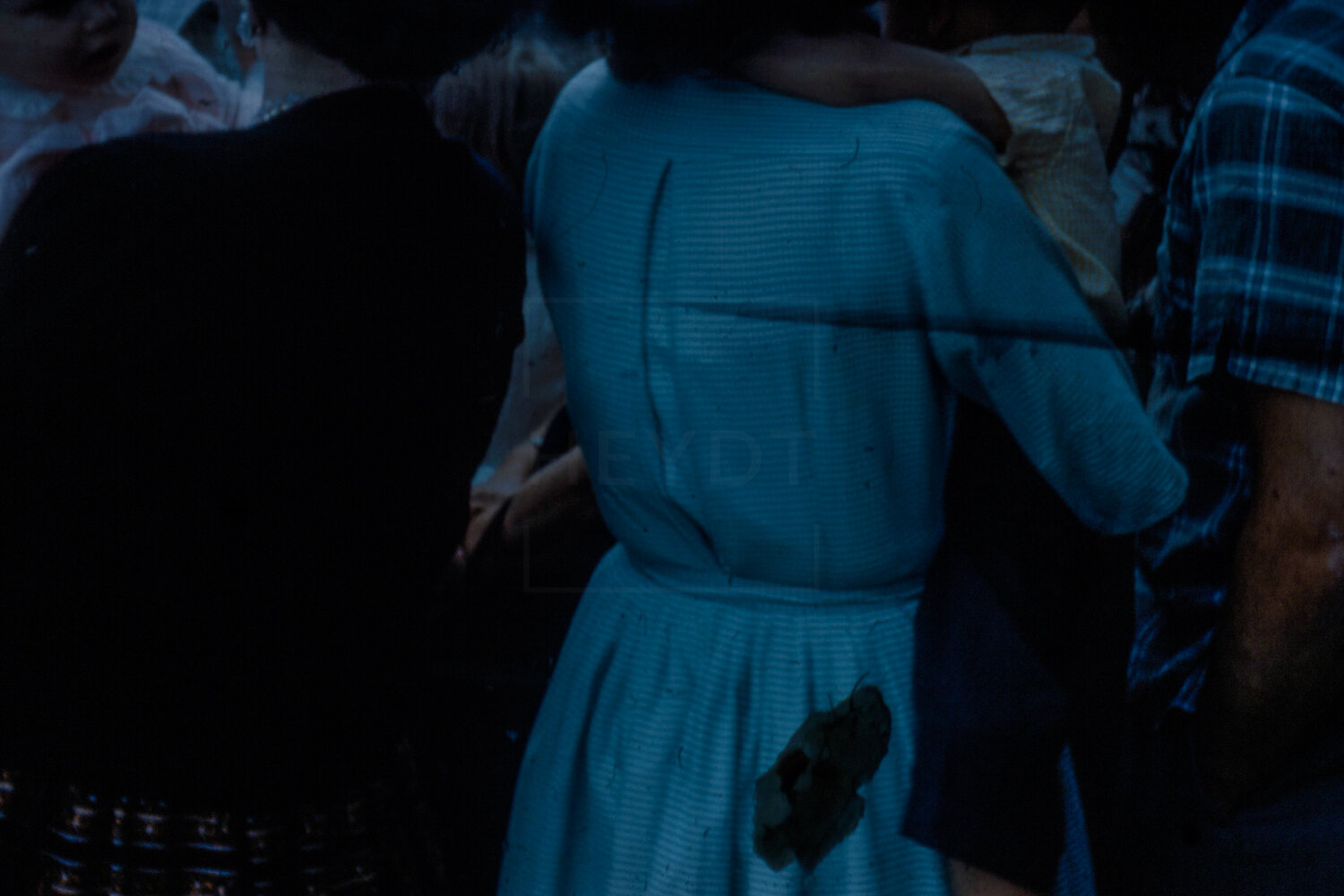
Bonded Contempt | HEYDT | 2020 | Slide Transparency Substrate Manipulation | 20in x 30in | $4000
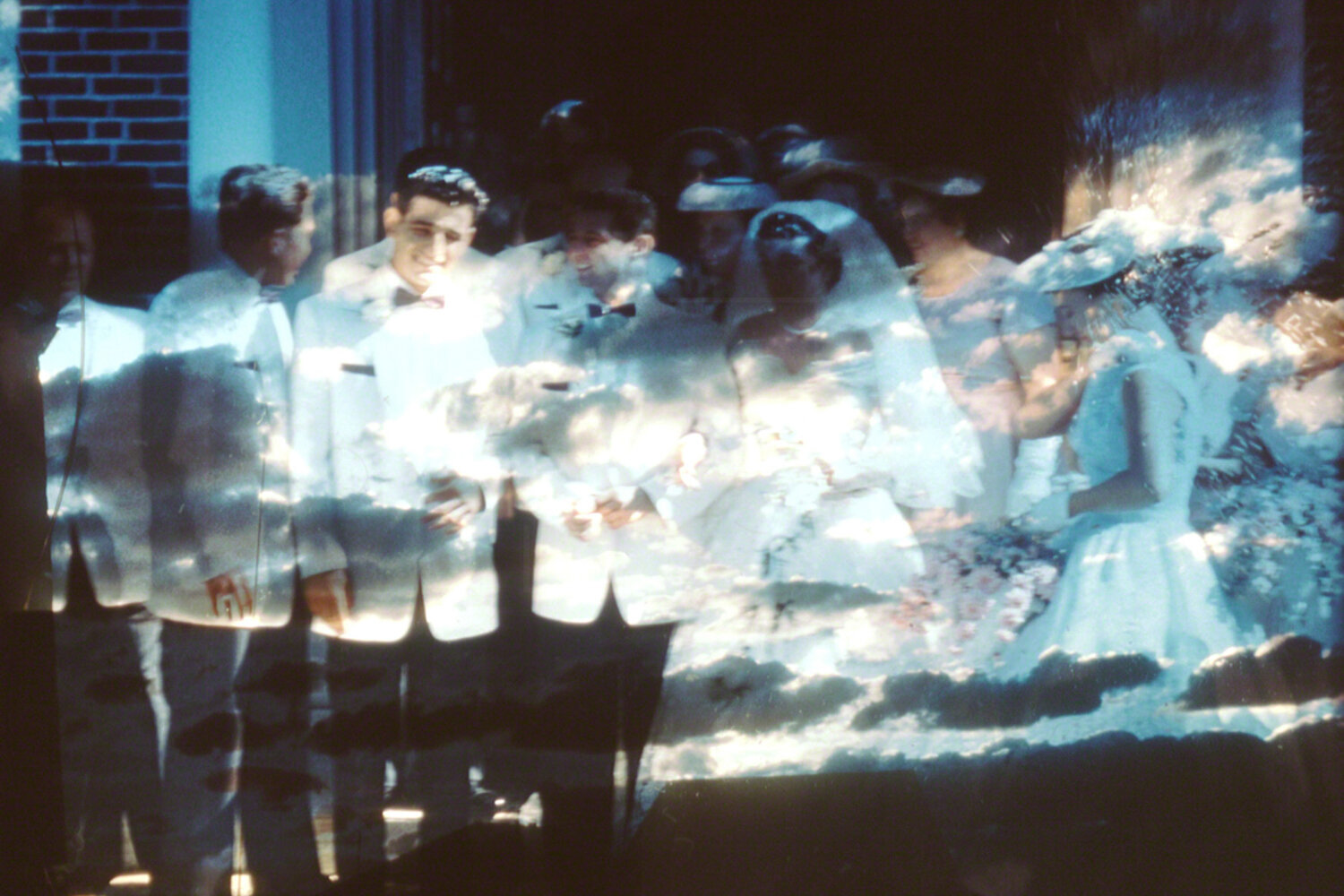
Bonded Contempt | HEYDT | 2020 | Slide Transparency Substrate Manipulation | 20in x 30in | $4000

Bonded Contempt | HEYDT | 2020 | Slide Transparency Substrate Manipulation | 20in x 30in | $4000

Bonded Contempt | HEYDT | 2020 | Slide Transparency Substrate Manipulation | 20in x 30in | $4000

Bonded Contempt | HEYDT | 2020 | Slide Transparency Substrate Manipulation | 20in x 30in | $4000

Bonded Contempt | HEYDT | 2020 | Slide Transparency Substrate Manipulation | 20in x 30in | $4000

Bonded Contempt | HEYDT | 2020 | Slide Transparency Substrate Manipulation | 20in x 30in | $4000

Bonded Contempt | HEYDT | 2020 | Slide Transparency Substrate Manipulation | 20in x 30in | $4000

Bonded Contempt | HEYDT | 2020 | Slide Transparency Substrate Manipulation | 20in x 30in | $4000

Bonded Contempt | HEYDT | 2020 | Slide Transparency Substrate Manipulation | 20in x 30in | $4000
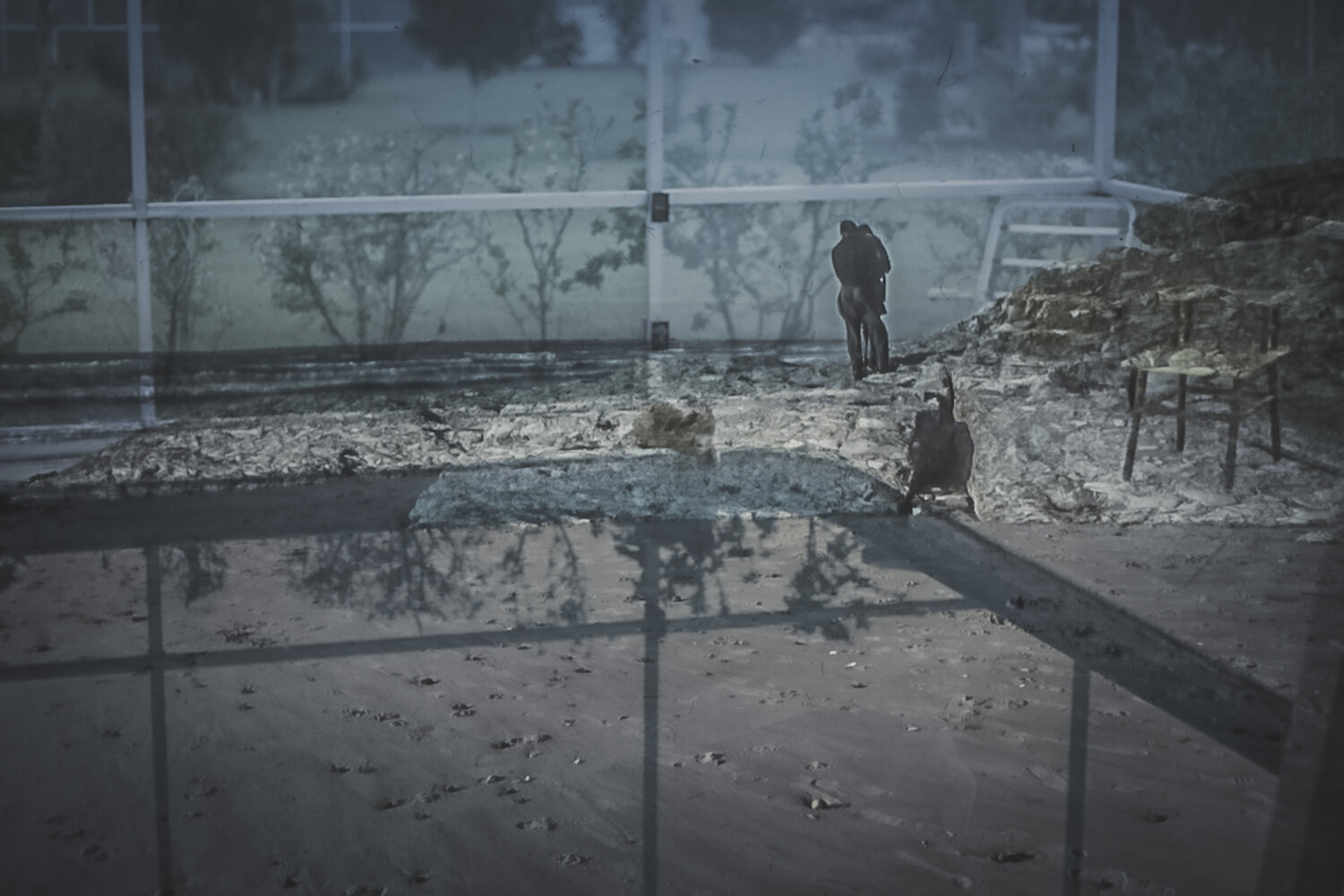
Bonded Contempt | HEYDT | 2020 | Slide Transparency Substrate Manipulation | 20in x 30in | $4000

Bonded Contempt | HEYDT | 2020 | Slide Transparency Substrate Manipulation | 20in x 30in | $4000

Bonded Contempt | HEYDT | 2020 | Slide Transparency Substrate Manipulation | 20in x 30in | $4000
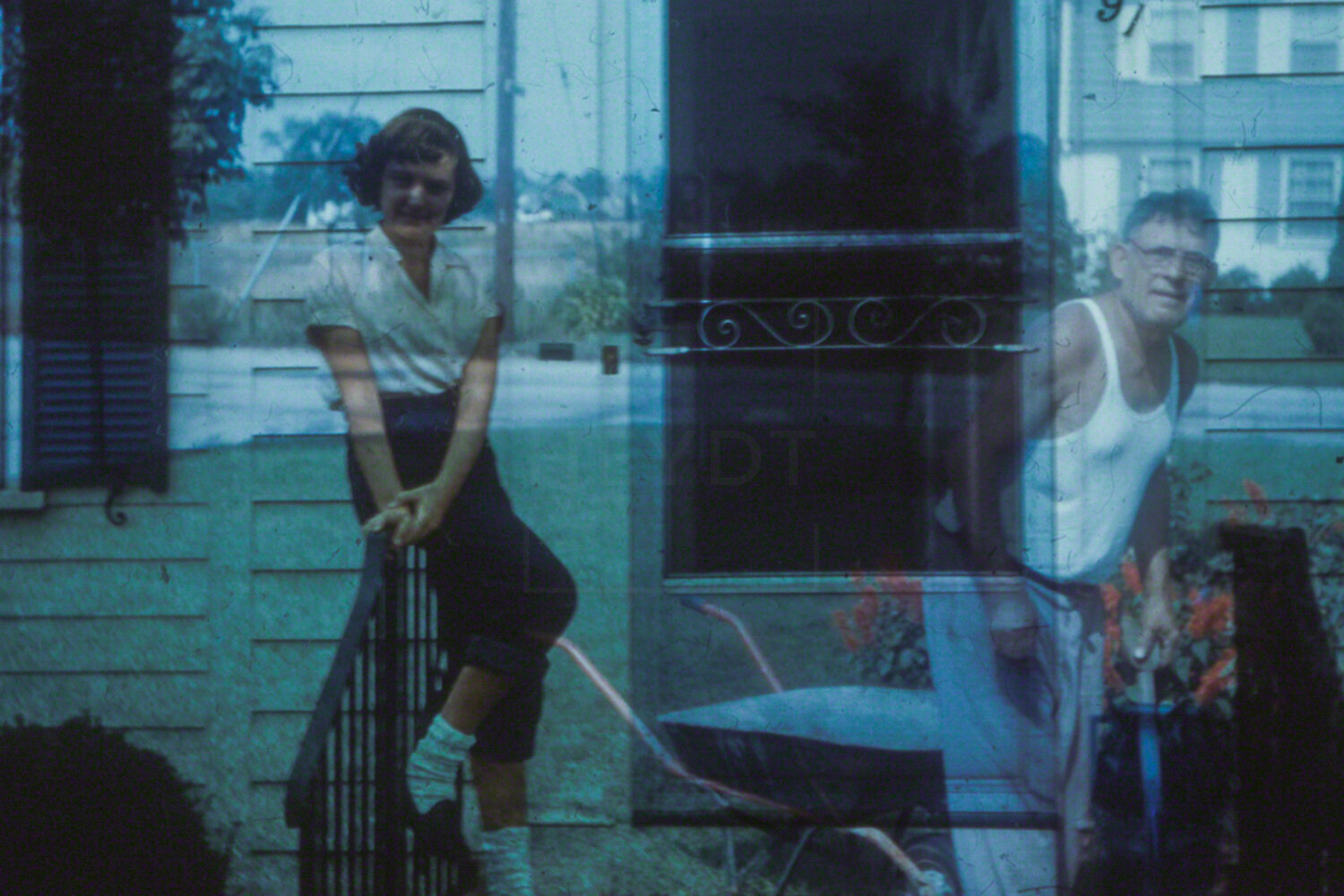
Bonded Contempt | HEYDT | 2020 | Slide Transparency Substrate Manipulation | 20in x 30in | $4000
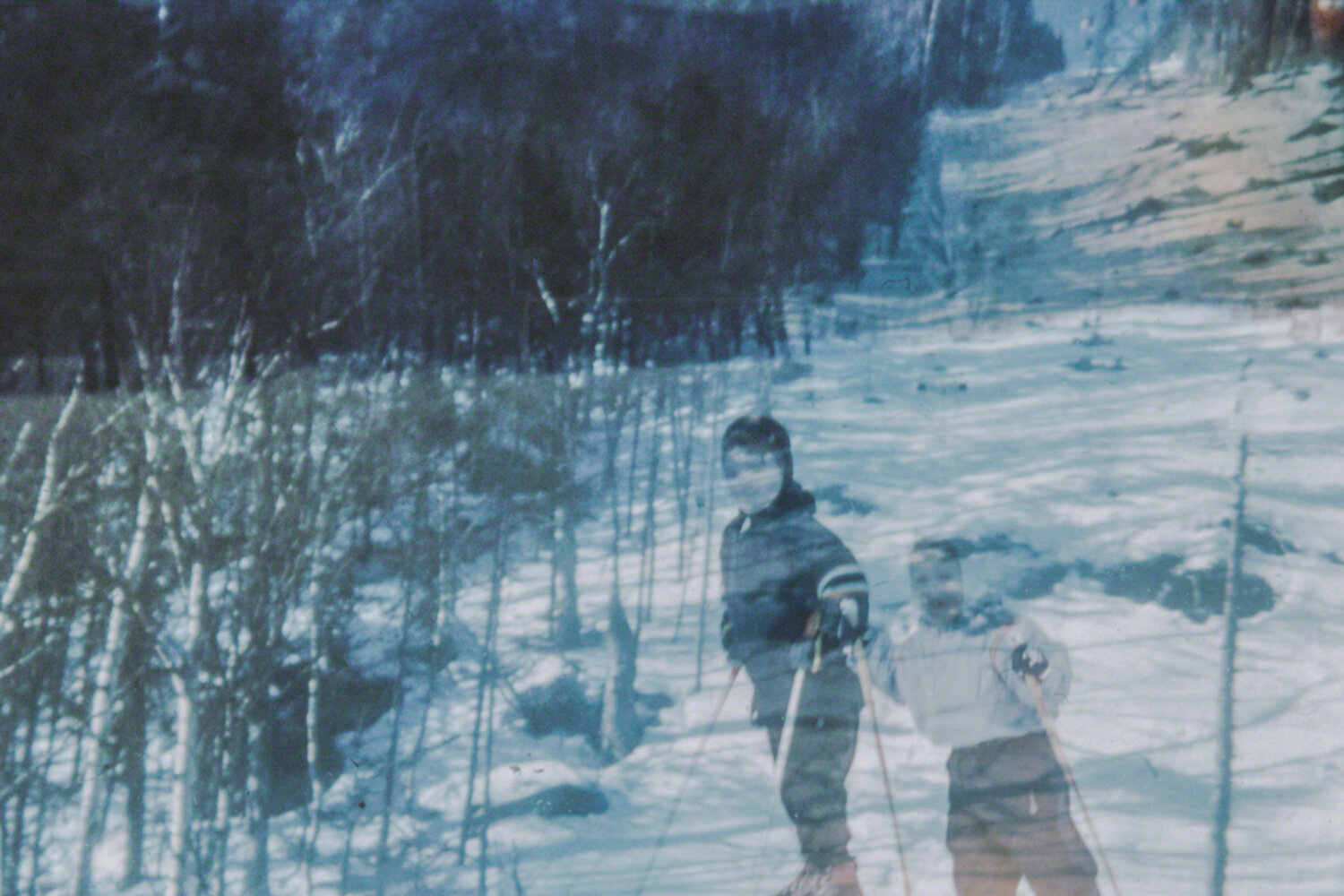
Bonded Contempt | HEYDT | 2020 | Slide Transparency Substrate Manipulation | 20in x 30in | $4000

Bonded Contempt | HEYDT | 2020 | Slide Transparency Substrate Manipulation | 20in x 30in | $4000
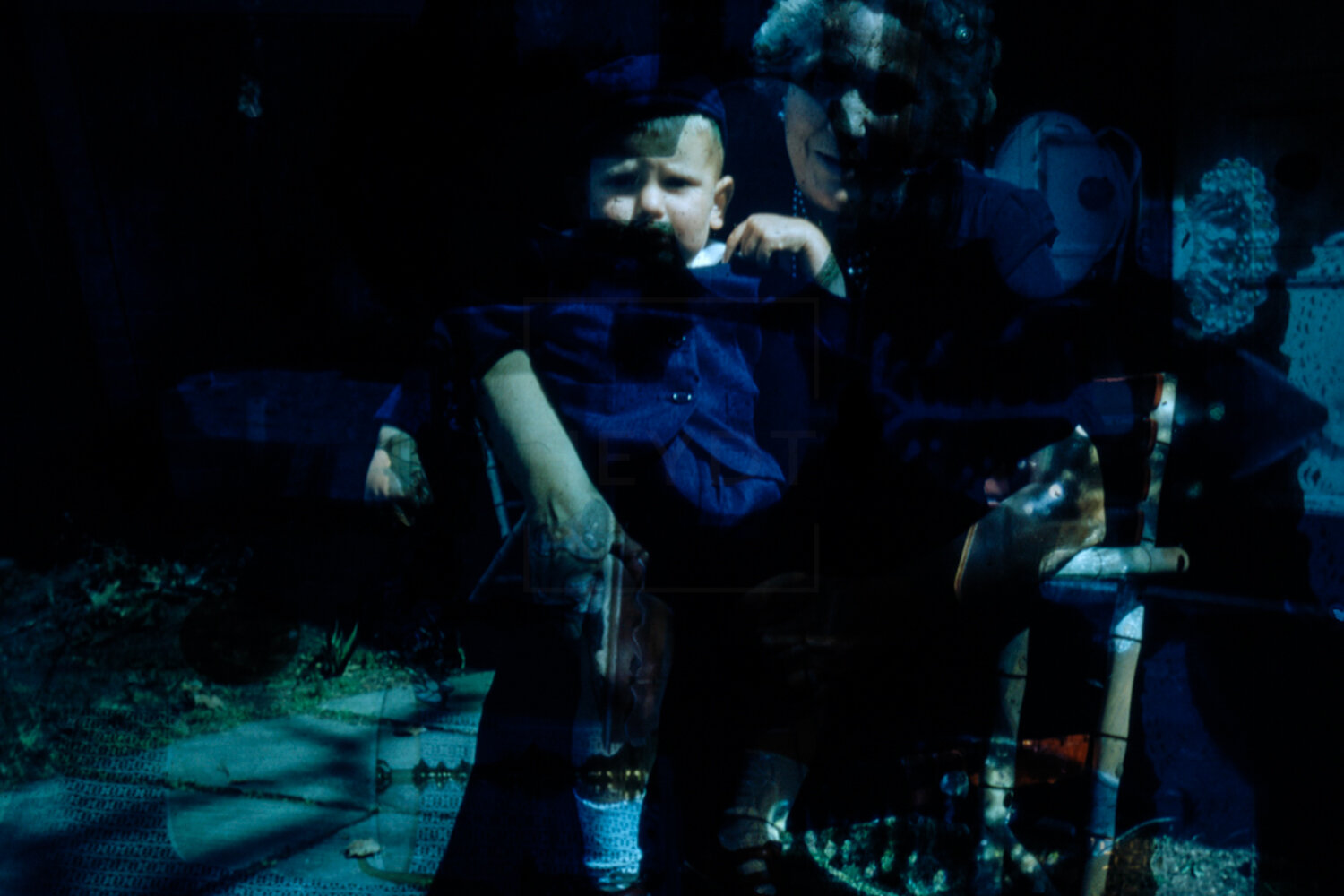
Bonded Contempt | HEYDT | 2020 | Slide Transparency Substrate Manipulation | 20in x 30in | $4000

Bonded Contempt | HEYDT | 2020 | Slide Transparency Substrate Manipulation | 20in x 30in | $4000
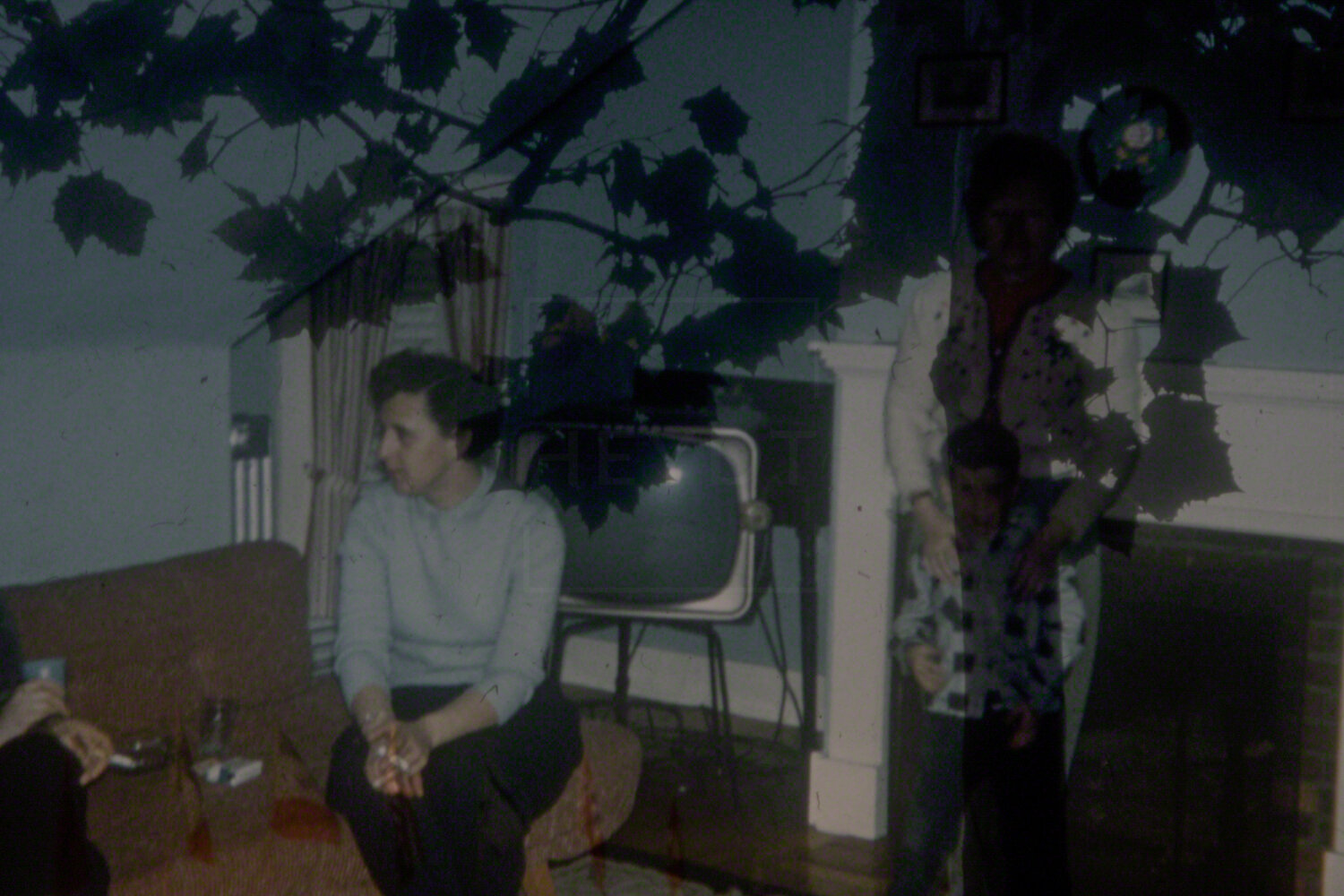
Bonded Contempt | HEYDT | 2020 | Slide Transparency Substrate Manipulation | 20in x 30in | $4000

Bonded Contempt | HEYDT | 2020 | Slide Transparency Substrate Manipulation | 20in x 30in | $4000
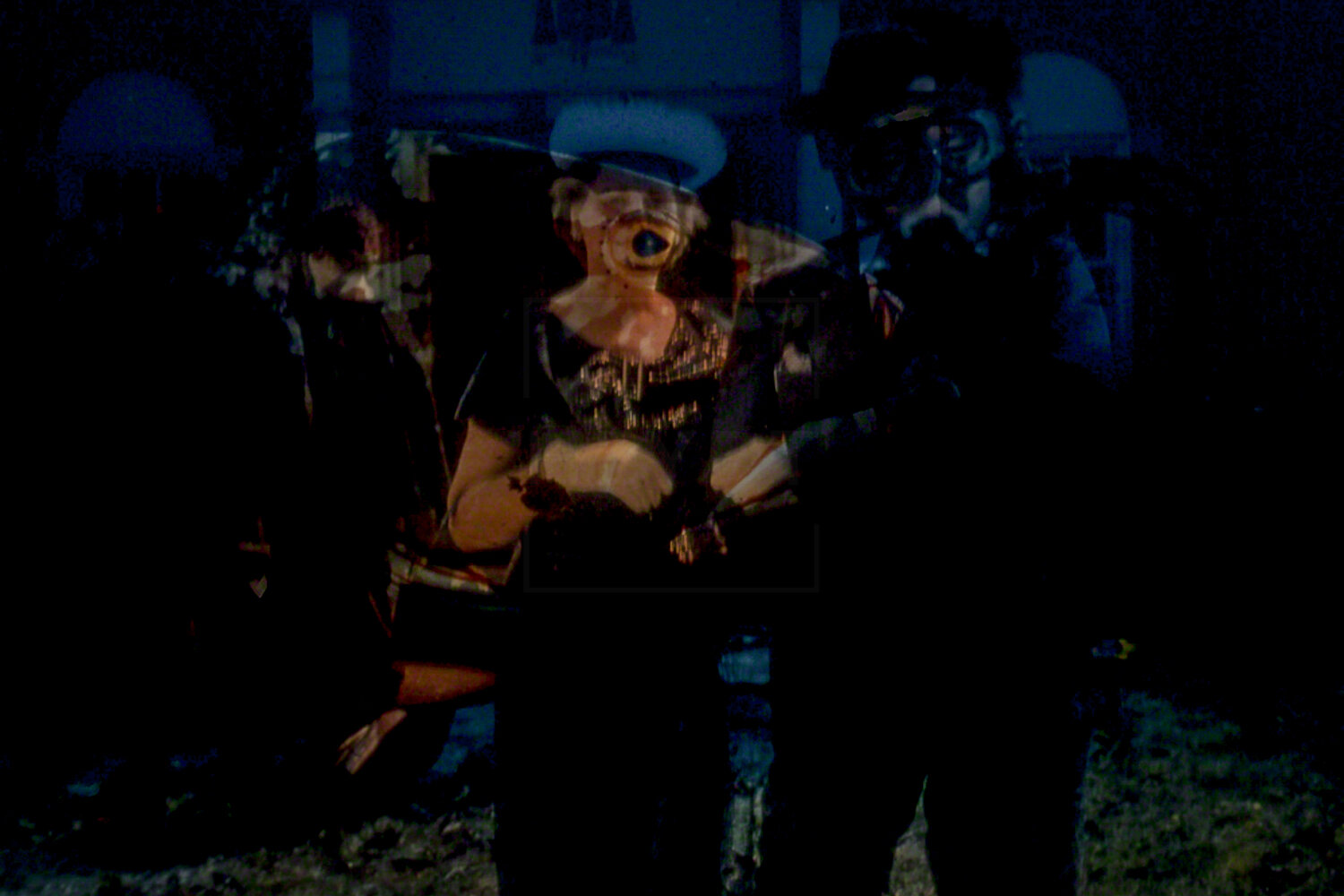
Bonded Contempt | HEYDT | 2020 | Slide Transparency Substrate Manipulation | 20in x 30in | $4000

Bonded Contempt | HEYDT | 2020 | Slide Transparency Substrate Manipulation | 20in x 30in | $4000
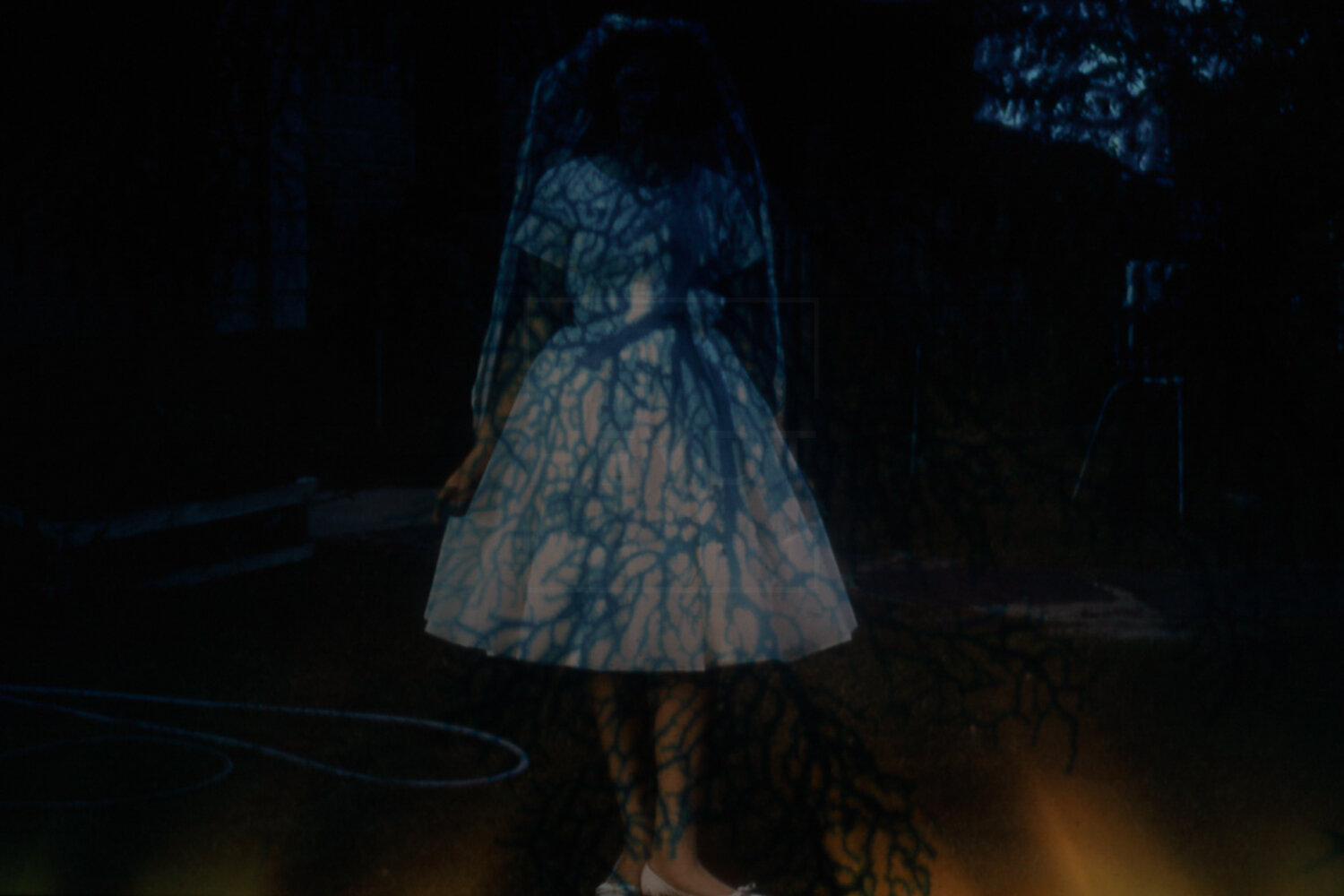
Bonded Contempt | HEYDT | 2020 | Slide Transparency Substrate Manipulation | 20in x 30in | $4000
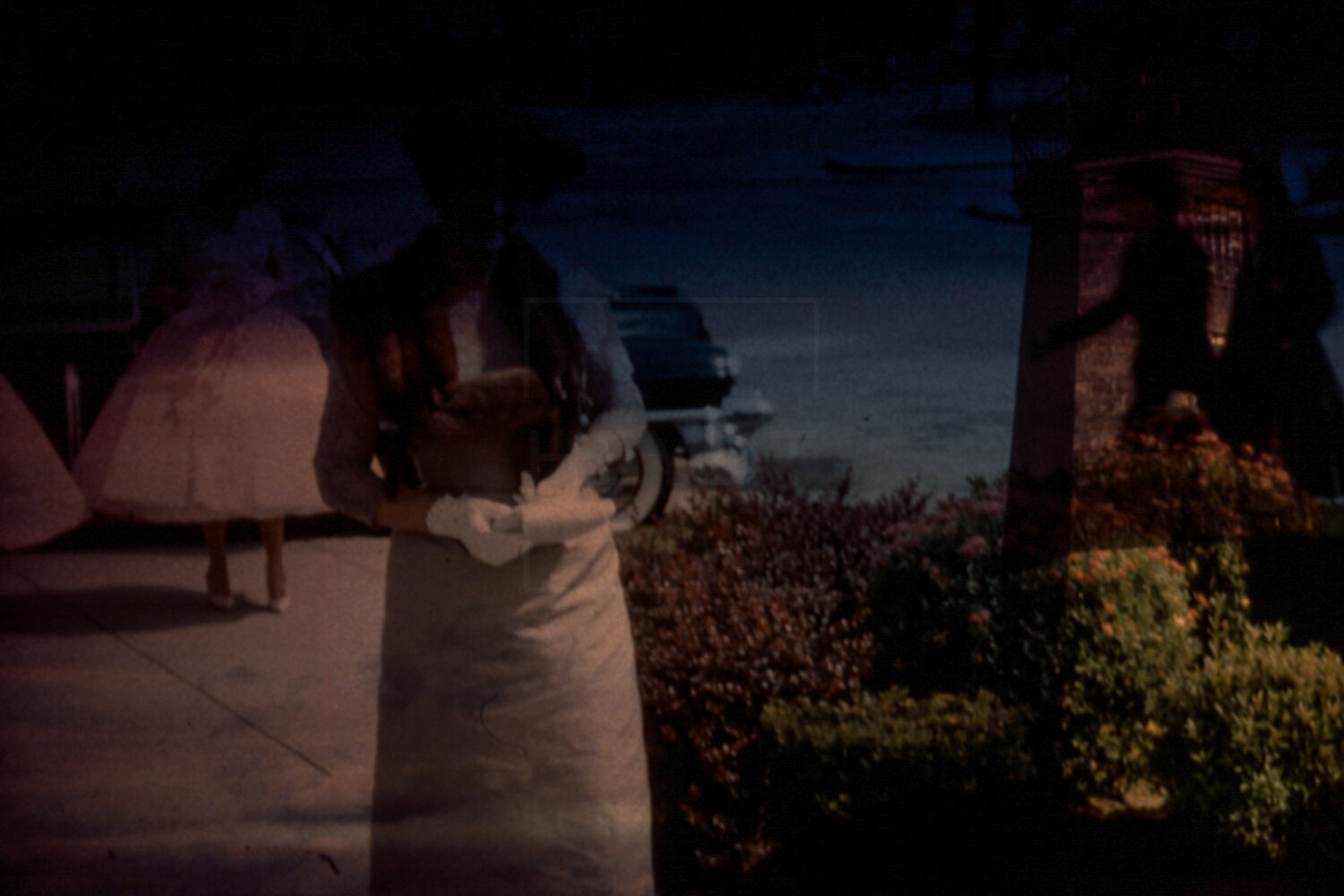
Bonded Contempt | HEYDT | 2020 | Slide Transparency Substrate Manipulation | 20in x 30in | $4000
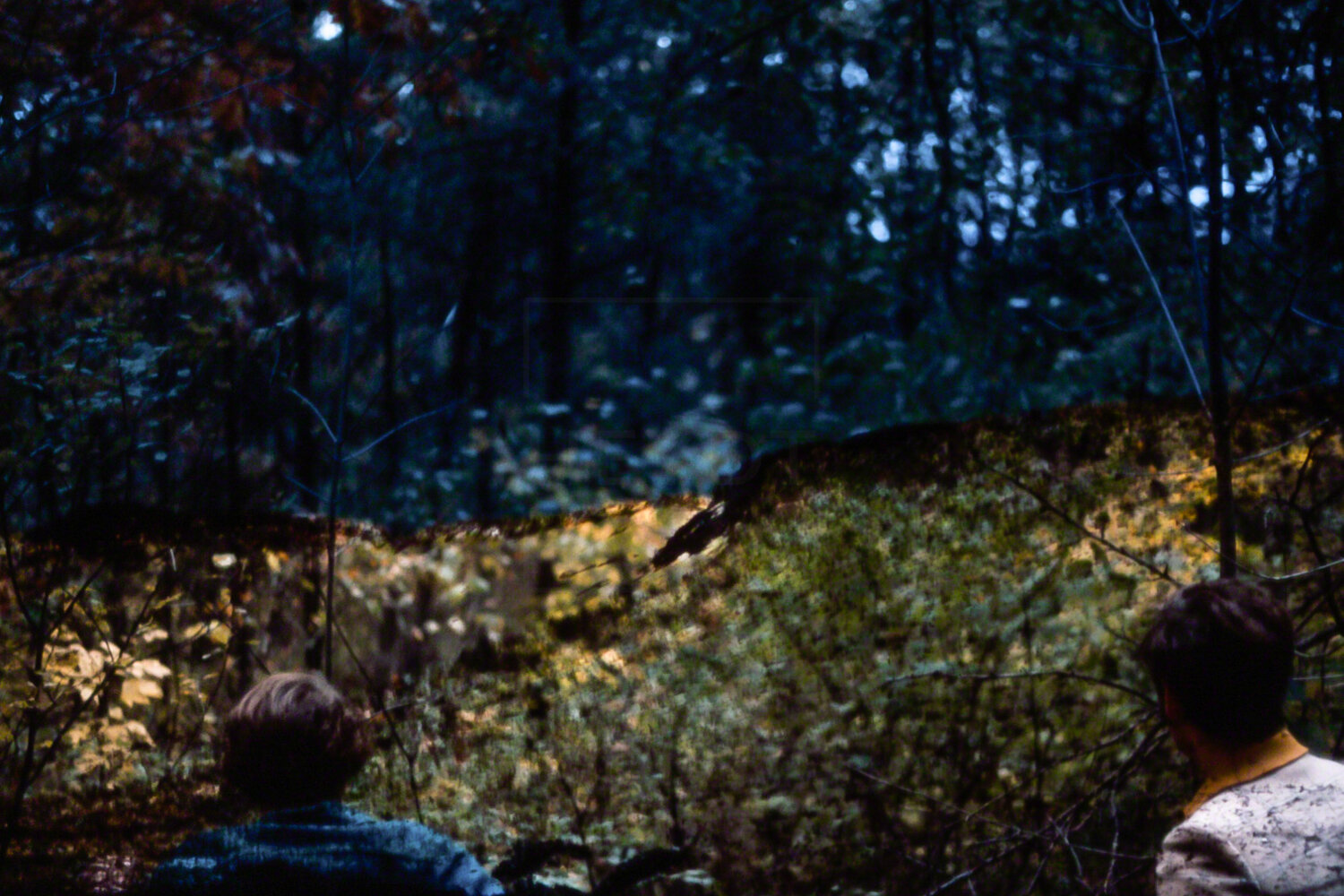
Bonded Contempt | HEYDT | 2020 | Slide Transparency Substrate Manipulation | 20in x 30in | $4000

Bonded Contempt | HEYDT | 2020 | Slide Transparency Substrate Manipulation | 20in x 30in | $4000
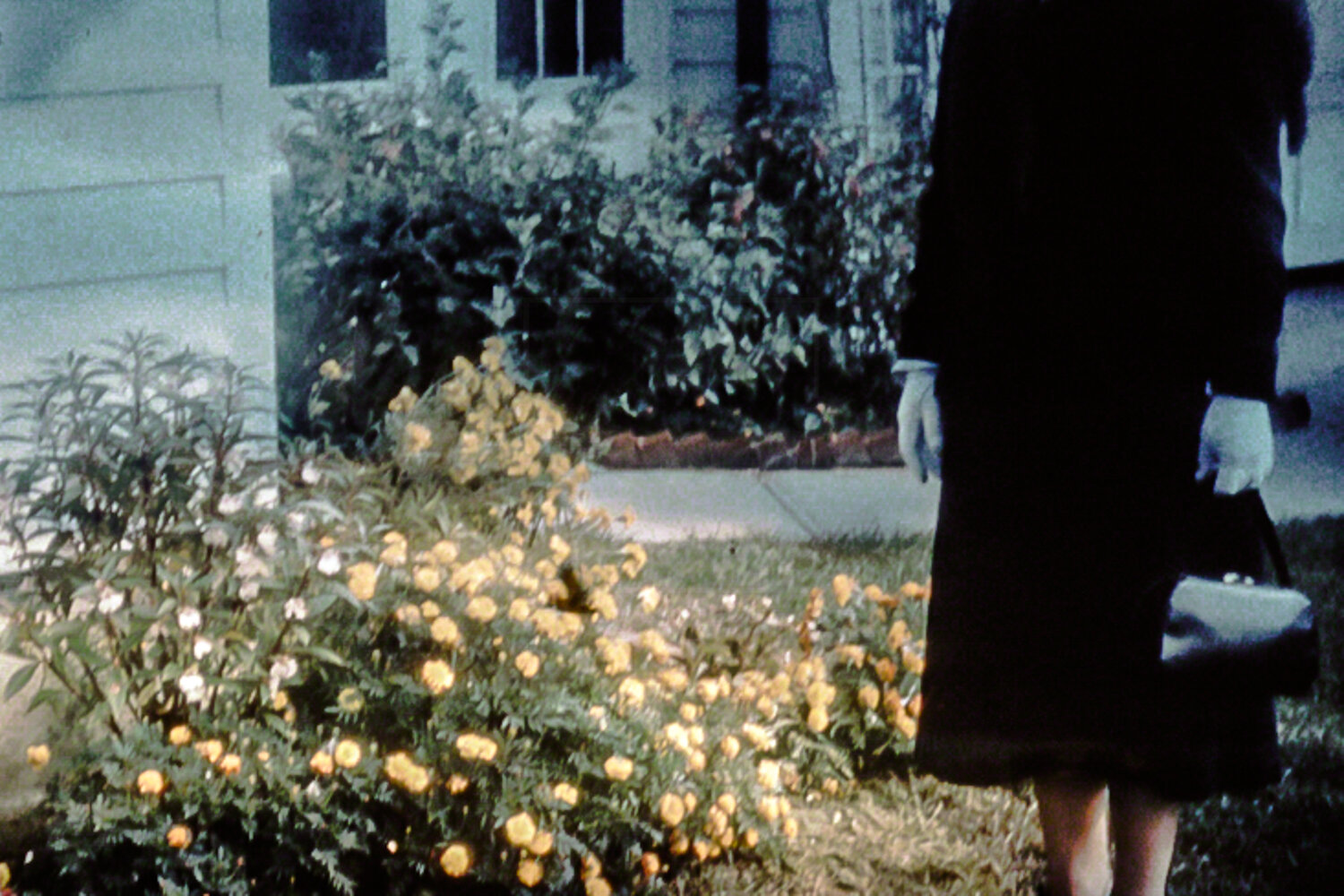
Bonded Contempt | HEYDT | 2020 | Slide Transparency Substrate Manipulation | 20in x 30in | $4000

Bonded Contempt | HEYDT | 2020 | Slide Transparency Substrate Manipulation | 20in x 30in | $4000
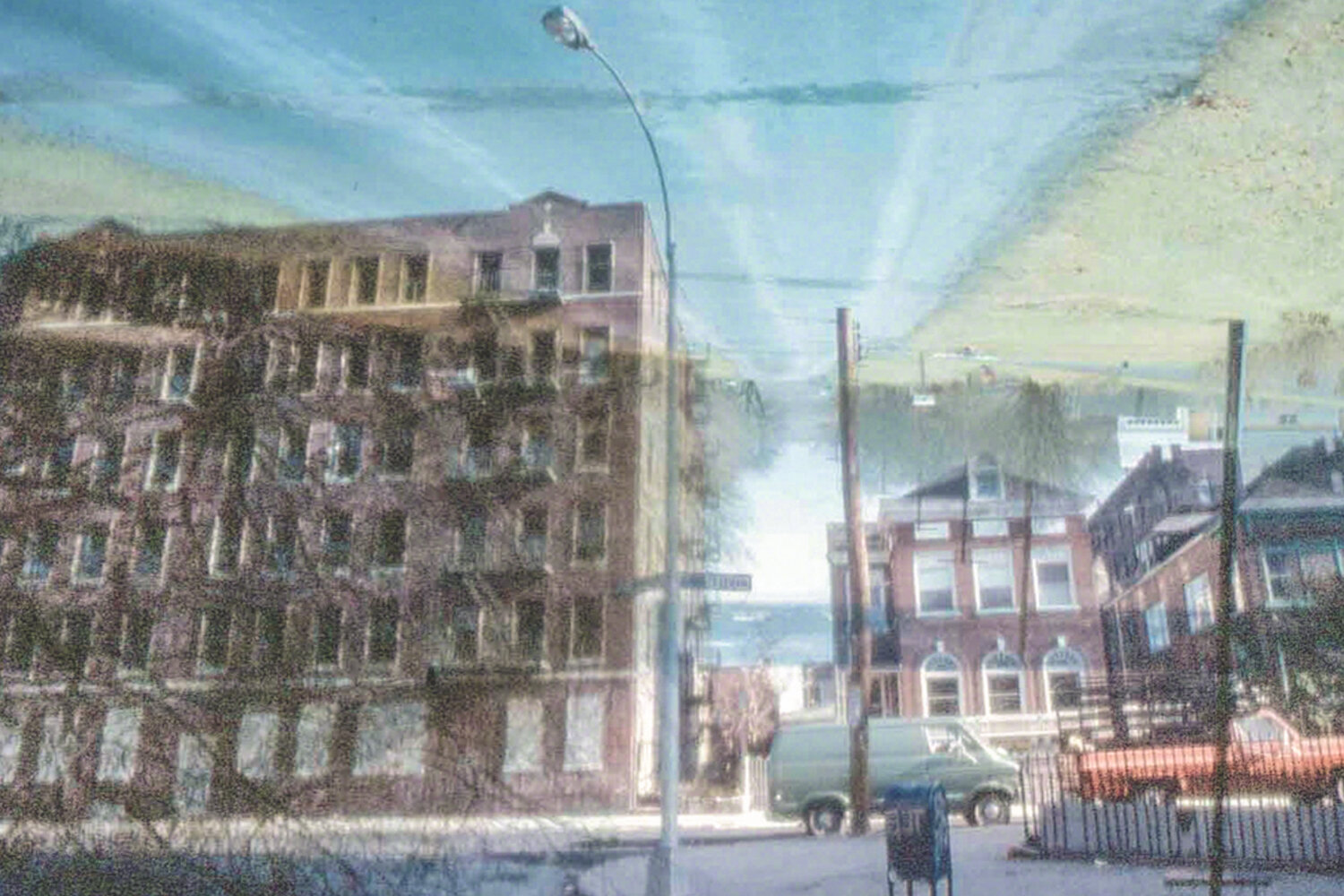
Bonded Contempt | HEYDT | 2020 | Slide Transparency Substrate Manipulation | 20in x 30in | $4000

| HEYDT | 2018 | Chemically processed Hybrid Slide Transparencies |
bonded contempt
Populated by prosaic notions of tradition, family, and the depleted doctrine of contemporary values, this series moves beyond a reductionist view of the photographic medium to look at how trans-generational narratives are shared and informed by imagery. Framing the formation of collective memory within the theoretical framework of post-memory, my interests lie in the role photography plays in the transmission of knowledge, as well as the mechanisms in which a shared past is managed, communicated, and negotiated through discursive epistemology. By interrelating distributed episodic memories, this sociocognitive system endows family members with the ability to manage distributed knowledge. Family stories give the individual a sense of identity and create a story for inclusion. If we know the past, we can tell the story of the present. New generations are defined by these stories of identity, ethnicity, culture, history, it informs the rituals and traditions they engage in. Through processes of remembering and forgetting, justifications, rejections, and reminders shared memories function to structure and synchronize the past. Like a game of telephone, these narratives grow increasingly estranged from veracity as they are passed down. This inevitable inclination towards distortion reveals how the malleable nature of memory is unhinged by this transmission. Photographs, though perceived and presented as artifacts of the past, are incessantly imbued with new, shifting meaning buttressed by changing perception.












































